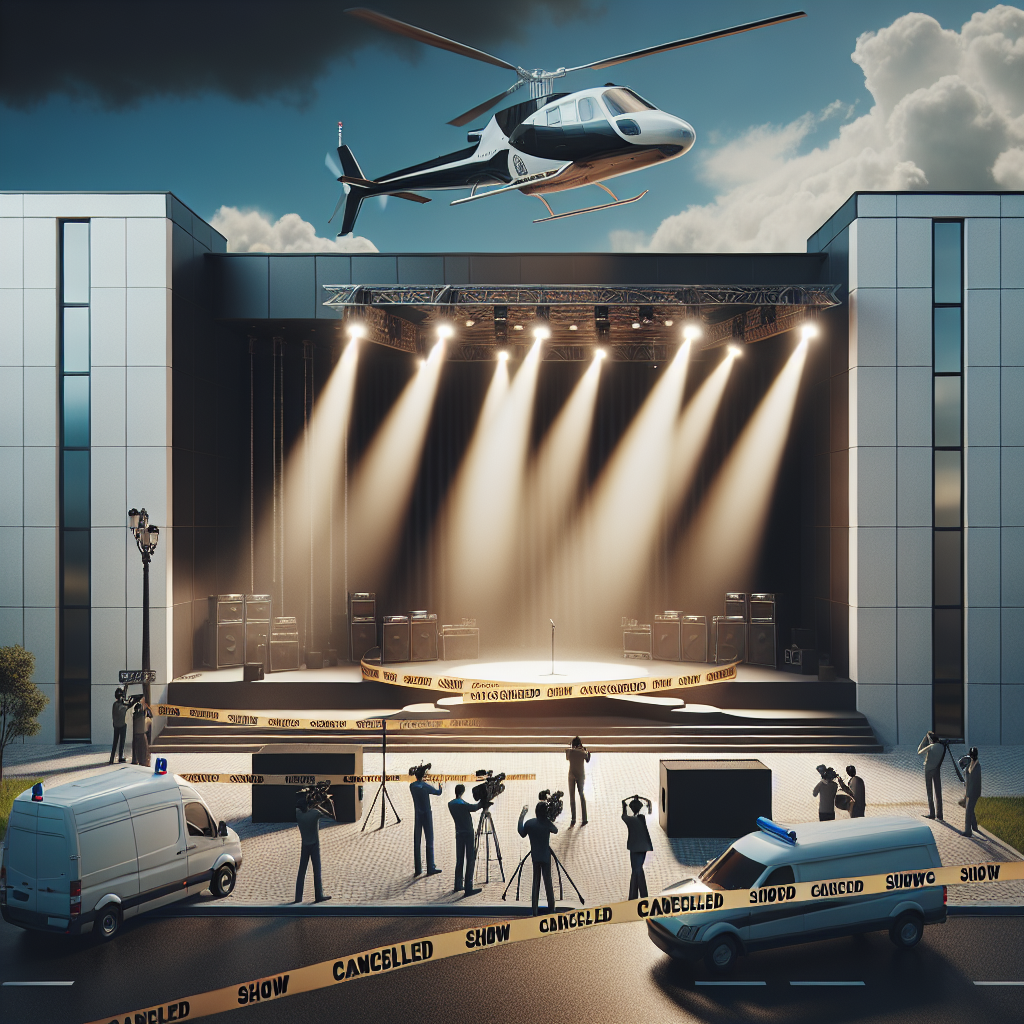Listen to this post: Kneecap: Police Probe Viral Anti-Terrorism Videos
Kneecap: Police Probe Viral Anti-Terrorism Videos
Summary
Irish rap group Kneecap has provoked controversy as their recent viral content has attracted the attention of counter-terrorism police units. Known for their politically charged lyrics and bold resistance symbolism, Kneecap’s audiovisual work has now escalated beyond entertainment circles and entered the spotlight of national security discussions.
The Metropolitan Police launched an official investigation after a series of videos from the Belfast-based group circulated widely online. Some of these clips include dramatized scenes involving militaristic imagery and references to anti-establishment themes. These elements have raised red flags among authorities, who are assessing whether the content violates counter-terrorism legislation.
Kneecap, composed of members Mo Chara, Móglaí Bap, and DJ Próvaí, has never shied away from polarizing narratives. Their lyrics frequently explore themes surrounding Northern Ireland’s divided past, with particular emphasis on resistance, identity, and British authority. While fans celebrate the group’s raw authenticity and cultural commentary, critics and officials question the implications of their messaging.
The police investigation is currently in its early stages. The group has not yet been charged or formally accused, but the probe has reignited debates around artistic freedom versus public safety. Meanwhile, reactions on social media—and within the music community—are deeply divided, underscoring the cultural and political tension Kneecap often embraces in their art.
Analysis
Kneecap’s journey from underground rabble-rousers to political provocateurs exemplifies a growing trend in music where art intersects with activism. The group’s style—an aggressive blend of hip-hop, Irish nationalism, and street theatre—is not just meant to entertain, but to agitate and challenge the establishment.
This isn’t the first time politically outspoken artists have come under scrutiny. Historically, musicians like Public Enemy, Rage Against the Machine, and even Bob Dylan have weaponized lyrics to confront systemic powers. However, in the post-9/11 digital age, the bar for what constitutes “threatening content” has been lowered, especially when social media virality exponentially increases a message’s reach.
Kneecap’s gritty narrative style blurs lines between performance and provocation. Their visuals often depict rebels in balaclavas, references to the IRA, and critiques of British law enforcement. For some, this is a powerful reclamation of identity; for others, it’s dangerously incendiary.
Music should challenge, provoke, and reflect society’s tensions—but it walks a fine line when it skirts the edges of legality.
Aoife Gallagher, Digital Media Analyst
The current investigation raises pressing questions:
- Where do we draw the line between art and incitement?
- How do laws intended for public safety interact with cultural expression?
- To what extent should creators be held responsible for their audience’s interpretation?
As counter-terrorism units become more involved in content regulation, we risk entering murky waters for artistic liberty. Artists, particularly those from marginalized or politically charged backgrounds, could face increased state scrutiny.
On the flip side, today’s creators must also recognize that with great influence comes heightened responsibility. The virality of Kneecap’s videos—and the provocative way in which they depict resistance—means their platform extends beyond loyal fans. The general public, media regulators, and law enforcement are also watching, interpreting, and, potentially, reacting.
As this story develops, we might witness implications not just for Kneecap, but for how countries govern artistic free speech in the digital era. If prosecuted, the case could set precedents determining how far musicians can push their political narratives before crossing into unlawful territory.














